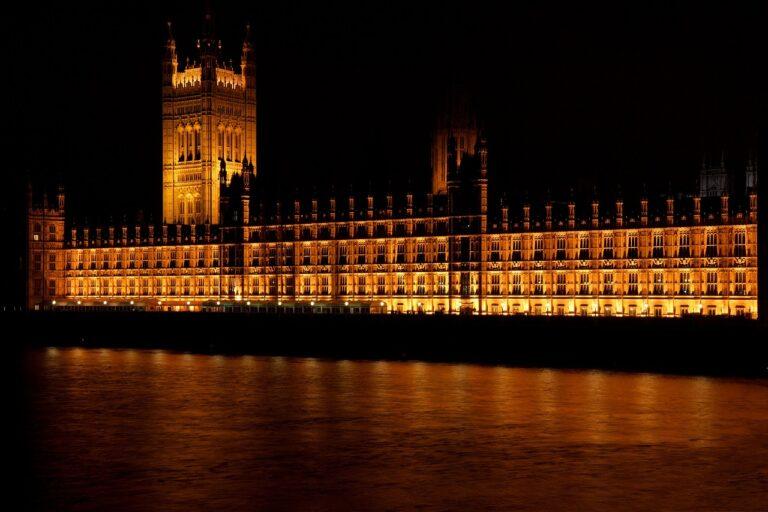Jamaicans do not know the law

A number of Acts and Amendments have been implemented since the Jamaica Labour Party (JLP) has been in power but not all of these implementations are understood by Jamaicans. The legal language can be difficult to understand and allows room for multiple interpretations and understandings. Marlene Malahoo Forte, former Attorney General of Jamaica, spoke at a joint select committee on the Bail Act, “our training tells us that it is read a certain way and we can understand a layman having a little difficulty but won’t argue too much on it”.
During this joint committee meeting, Forte highlighted, time and again, that people who are listening need clarity “and are not lawyers”. Hence, she would ask follow-up questions and rephrase what is being said by the other members at the meeting.
According to the late Robert Buddan, in an article published in Social and Economic Studies, “if Jamaicans don’t know their basic rights… how would they know how to exercise them?” The Acts are not written in layman’s terms which makes it hard for the common man to understand and defend himself.
From a Human Rights Report, done in 2019, a significant number of rights have always been breached, inclusive of unlawful killings by security forces, and arbitrary detention which is now being discussed in Parliament. Arbitrary detention has to do with one being arrested without legal process just to deprive them of their freedom. Additionally, human rights are breached in prisons due to harsh conditions and corruption among officials taking advantage of public funds.
Approximately 27 Acts and Amendments to Acts were made last year and five passed this year. The five Acts include The Appropriation Act, The Pensions Act, The Representation of the People Act, The Sisters of Mercy of Jamaica and, the most recent, The Firearms Act. The citizens of Jamaica are not involved in the process of having a vote on the laws, it is strictly the responsibility of the legislature.
The making of a law goes through several stages called readings. The first stage sees the drafting of a bill by the Chief Parliamentary Counsel on the direction of Cabinet. It is then introduced by the House of Representatives or the Senate and taken through three readings. The first reading is done by the Clerk of the House and no debate is allowed. The second reading is where debate is allowed on the bill and a vote taken. After the bill passes the second reading it is taken to the committee stage where the whole House or a select committee examines the bill. This is followed by the report stage, where the speaker of the House reports on what happened in the committee meeting and highlights whether or not there were any amendments . The third reading takes place after the report stage and a vote is taken. If rejected, the process starts over. If the bill is accepted, the final stage is where the Governor-General gives his Royal Assent or approval and then the bill is now considered a law.
At no stage of the bill becoming a law are citizens involved in the decisions making process.






